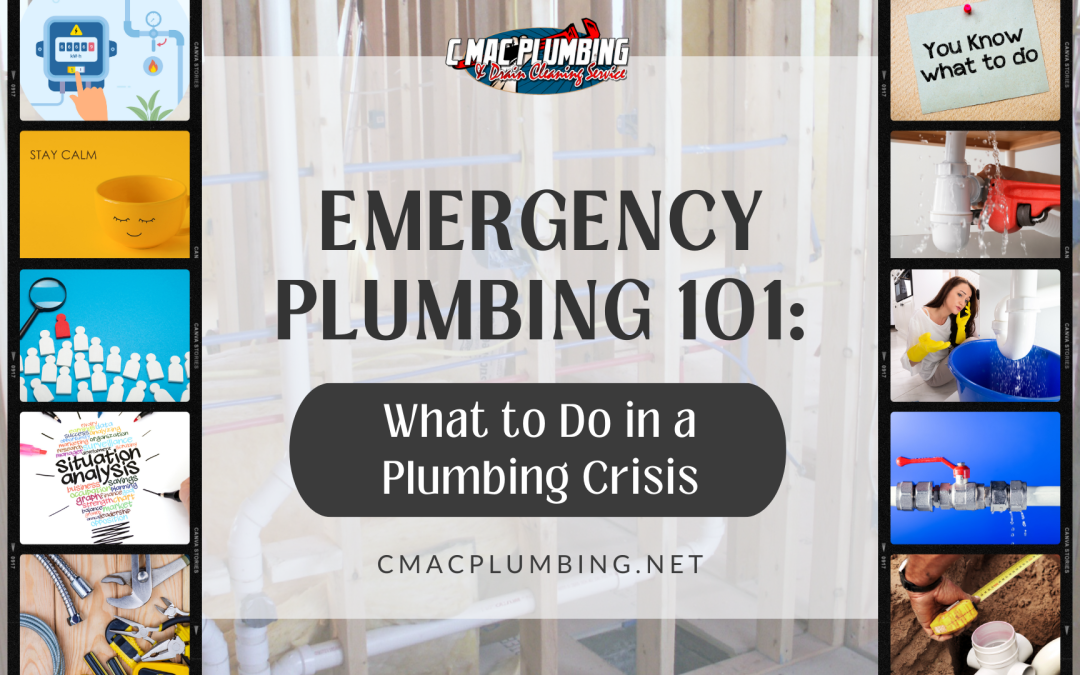When faced with a plumbing emergency, it’s crucial to know how to respond quickly and effectively to minimize damage and prevent further complications. A burst pipe, a clogged toilet, or a malfunctioning water heater can quickly escalate into a major disaster. In this blog, we’ll cover essential tips and steps to handle plumbing crises with confidence and ensure the safety of your home and family.
- Stay Calm and Turn Off the Water Supply:
The first and most important step in any plumbing emergency is to remain calm. Panic can lead to poor decisions, exacerbating the problem. Find your main water shut-off valve and turn it off immediately to stop water flow to the affected area. This prevents flooding and potential water damage.
- Assess the Situation:
Once the water is off, assess the situation to understand the severity of the issue. Identify the source of the problem, whether it’s a leaking pipe, a broken fixture, or a sewer backup. Understanding the cause will help you communicate the issue more effectively if you need to call for professional assistance.
- Use Basic Tools:
For minor issues like a clogged sink or toilet, you can use basic plumbing tools like plungers or drain snakes. These tools can often resolve the problem without requiring professional help.
- Know What Not to Do:
In an emergency, it’s essential to know what not to do. Avoid using harsh chemicals to clear drains, as they can damage pipes and worsen the situation. Also, refrain from attempting DIY fixes if you are unsure, as this may lead to further complications.
- Contact a Professional Plumber:
For complex plumbing problems or ones you cannot handle yourself, it’s best to call a professional plumber immediately. Make sure you have the contact information of a reliable plumbing service readily available for such emergencies.
- Protect Your Belongings:
During a plumbing crisis, move any valuable items away from the affected area to prevent water damage. If you have water-sensitive electrical appliances nearby, unplug them to avoid potential hazards.
Once the immediate crisis is under control, take preventive measures to avoid future emergencies. Regularly inspect your plumbing system, address leaks promptly, and consider installing leak detection devices to alert you to potential issues early on.
Knowing how to handle a plumbing emergency can make all the difference in protecting your home and belongings. Staying calm, assessing the situation, and taking appropriate actions are key to minimizing damage. Remember to call a professional plumber for complex issues, and always prioritize safety. By following these guidelines, you can effectively navigate through any plumbing crisis that comes your way.


